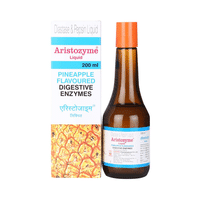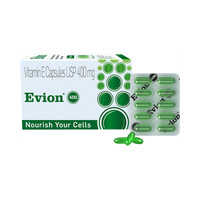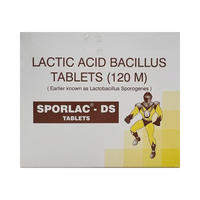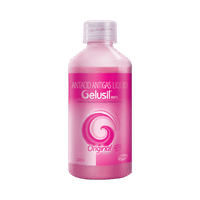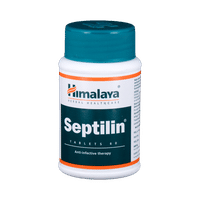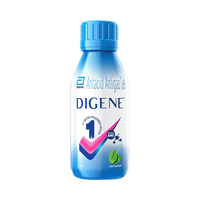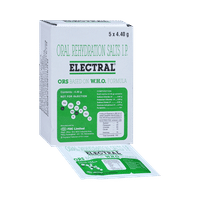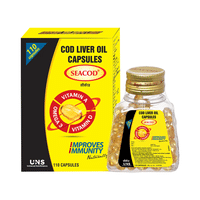Jolclo Injection

Rs.107for 1 vial(s) (1 Injection each)
food interaction for Jolclo Injection
alcohol interaction for Jolclo Injection
pregnancy interaction for Jolclo Injection
lactation interaction for Jolclo Injection
food
alcohol
pregnancy
lactation
No interaction found/established
Consuming alcohol with Jolclo Injection does not cause any harmful side effects.
SAFE
Jolclo Injection is generally considered safe to use during pregnancy. Animal studies have shown low or no adverse effects to the developing baby; however, there are limited human studies.
SAFE IF PRESCRIBED
Jolclo Injection is probably safe to use during breastfeeding. Limited human data suggests that the drug does not represent any significant risk to the baby.
SAFE IF PRESCRIBED
SALT INFORMATION FOR Jolclo 1000mg Injection
Cloxacillin(1000mg)
Jolclo injection uses
{med_name} is used in the treatment of bacterial infections.
How jolclo injection works
Jolclo Injection is an antibiotic. It kills bacteria by preventing them from forming their own protective covering (cell wall) which is needed for them to survive.
Common side effects of jolclo injection
Rash, Injection site reactions (pain, swelling, redness), Allergic reaction
SUBSTITUTES FOR Jolclo Injection
No substitutes foundExpert advice FOR Jolclo Injection
- You have been prescribed Cloxacillin for the treatment of bacterial infections.
- It is given by an injection into a vein or muscle, or via a drip into a vein.
- Finish the prescribed course, even if you start to feel better. Stopping it early may make the infection come back and harder to treat.
- Diarrhea may occur as a side effect but should stop when your course is complete. Inform your doctor if it doesn't stop or if you find blood in your stools.
- Inform your doctor immediately if you develop an itchy rash, swelling of the face, throat or tongue or breathing difficulties while taking this medicine.
Frequently asked questions FOR Jolclo 1000mg Injection
Cloxacillin
Q. What is Jolclo Injection used to treat?
Jolclo Injection is used to treat a wide variety of bacterial infections. It is a type of penicillin antibiotic that works by stopping the growth of bacteria.
Q. How long does Jolclo Injection takes to work?
Usually, Jolclo Injection starts working soon after taking it. However, it may take around 2-3 days to make you feel better while taking Jolclo Injection.
Q. Is Jolclo Injection effective?
Jolclo Injection is effective if used in the dose and duration advised by your doctor. Do not stop taking it even if you see improvement in your condition. If you stop using Jolclo Injection too early, the symptoms may return or worsen.













